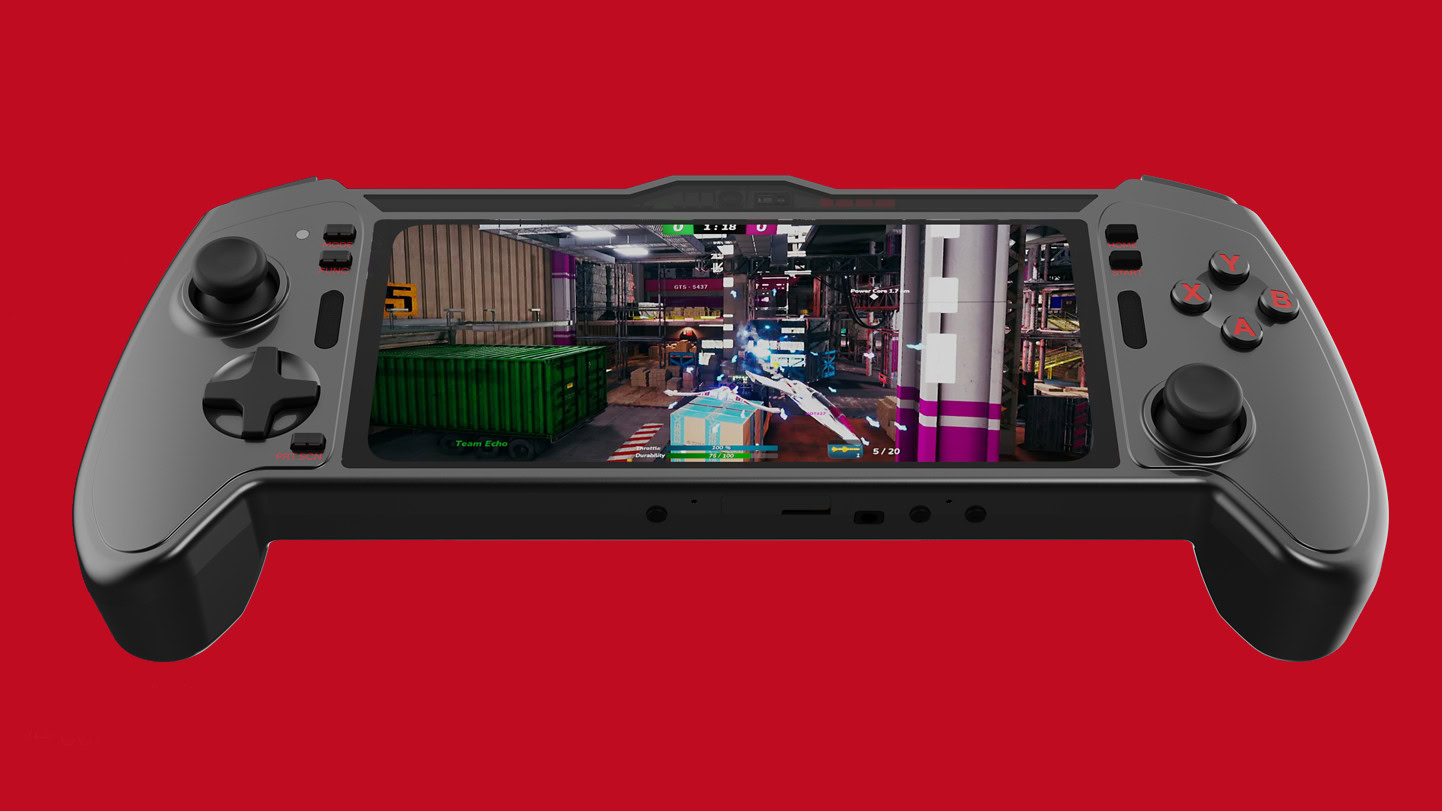
TL;DR
- Qualcomm’s gaming director has revealed that it’s working on “stuff” that isn’t Android or necessarily Windows.
- The exec also confirmed it was testing its handheld chips with translation layers to run Windows games.
- This strongly suggests that Qualcomm is working on an Arm-powered handheld capable of running Windows games.
Qualcomm announced three new processors for gaming handhelds this week, ranging from the efficient but low-end Snapdragon G1 to the high-powered Snapdragon G3x Gen 2. However, the US chipmaker has quietly confirmed that it’s laying the foundation for rivals to the Steam Deck.
In an interview with The Verge covering the brand’s new handheld chips, Qualcomm gaming director Mithun Chandrasekhar revealed that the company was “working on stuff in-house that is not Android.” The executive added that it wasn’t necessarily Windows, either.
“We don’t think that ecosystem [Windows – ed] is quite ready yet and we don’t just want to throw a laptop shrunken down over the fence,” Chandrasekhar explained.
Windows games on Snapdragon handhelds
Nevertheless, the executive also confirmed to the outlet that it was testing its processors with translation layers that would allow Windows games to run on other platforms.
The Steam Deck is perhaps the most prominent example of this tech, as it’s able to run Windows games on the Linux-based Steam OS via the Proton compatibility layer. Apple has also released its Game Porting Toolkit to developers to let them easily run games on MacOS.
Would you buy a Snapdragon handheld if it ran PC games?
5 votes
Arm CPUs are typically more efficient than x86 CPUs, but we’re guessing that running Windows games on a Snapdragon handheld via a translation layer would result in increased power consumption. We also tend to see a performance penalty when trying to run x86 Windows games on Arm devices. So we’re guessing that any future Snapdragon-powered handheld running Windows games via a compatibility layer would deliver degraded performance over an Intel or AMD-based handheld. In saying so, we’re curious to see how Qualcomm’s Oryon-equipped processors will run Windows games.
This is still a noteworthy development in the handheld gaming segment. It suggests that you might not have to buy a Steam Deck, ASUS ROG Ally, or a product from a niche player if you want a handheld capable of playing Windows games.
We’ve asked Qualcomm for more information about these developments and will update the article if/when the company gets back to us.



0 commenti